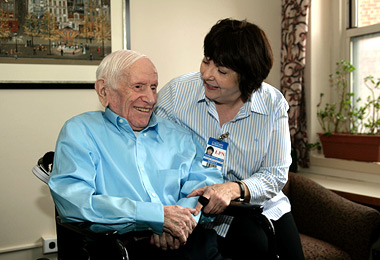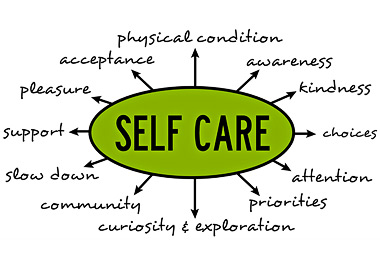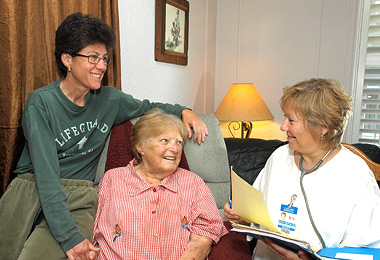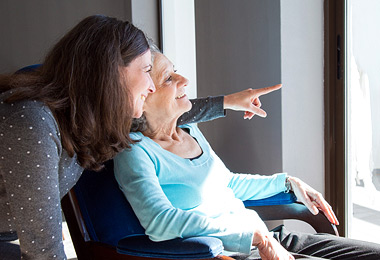National Family Caregivers Month 2020

National Family Caregivers Month is a time to recognize and give praise and support to the 40 million Americans caring for a family member in need. This year’s theme is “Caregiving in Crisis.” Due to COVID-19, many people have found themselves thrust into a caregiving role, some for the first time in their lives.
“Taking care of a loved one with a life-limiting or terminal illness is an incredibly challenging job,” said Kate Mohan. “Because the caregiver must give of themselves completely in order to “do a good job,” they must do everything they can to devote some time and energy to their own well-being on a daily basis. Self-care, in the form of rest, healthy eating, exercise, time outdoors, connecting with friends and other supports is crucial to effective caregiving.”
At Calvary, we see the love, devotion, and commitment of family caregivers every day; in the homes of our patients and right here in our Hospital. Family caregivers honor and affirm the sanctity of human life and the bonds that connect us all.
Not only do caregivers provide companionship, but they also provide the vital support needed for their loved ones to maintain a high quality of life. For family caregivers, their responsibilities don’t end when 5:00 PM rolls around, for family caregivers there’s no opportunity to “clock out.”

It’s no surprise that caregivers often neglect their own needs in order to care for their loved ones.
“It is essential that caregivers make time every day to attend to their own physical and emotional needs-doing so, will, in fact, make them better caregivers in the long run,” said Ms. Mohan.
Acknowledge when you are overwhelmed and need help.
Seek out other family members and friends who may provide valuable respite for you.
Eat meals regularly and get enough sleep.
Do meditation, yoga, and other forms of exercise.
Seek professional help.

